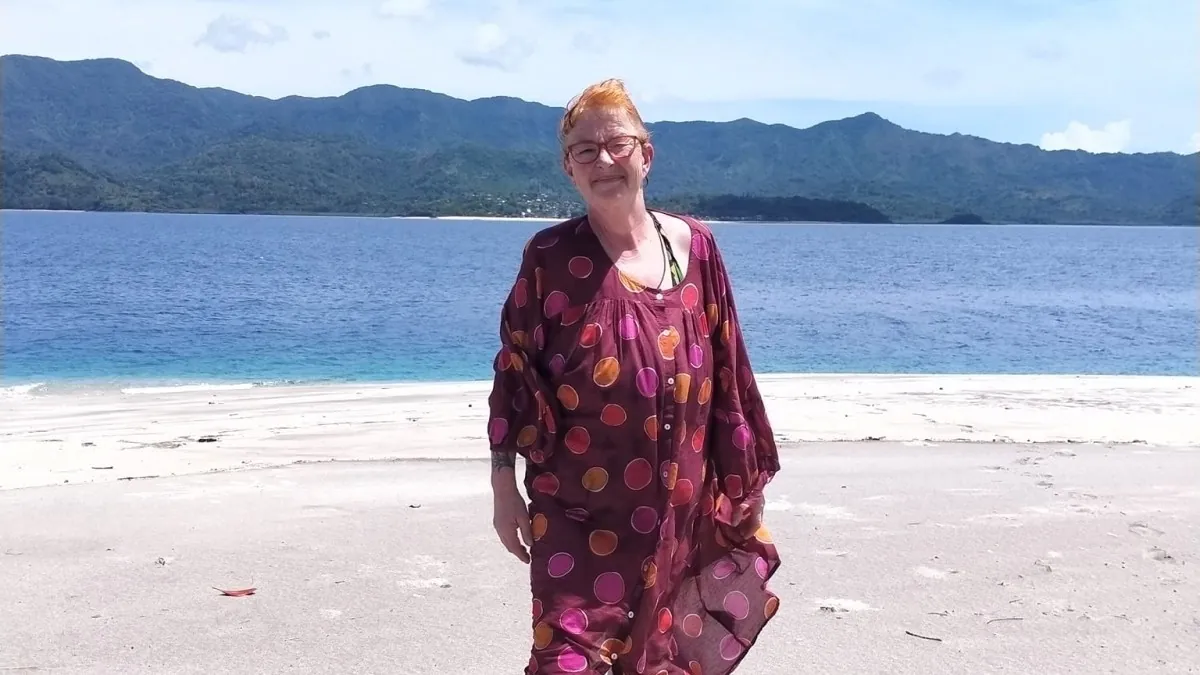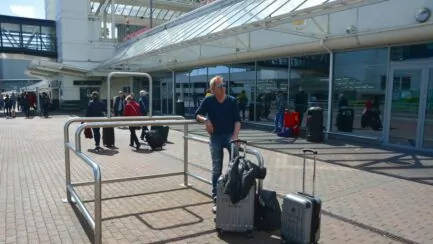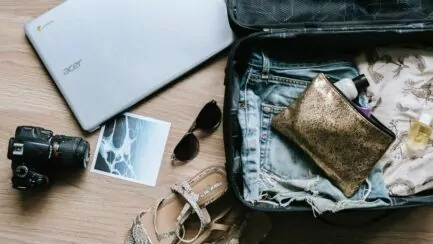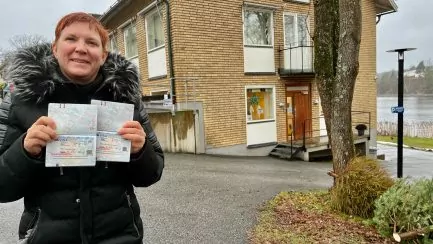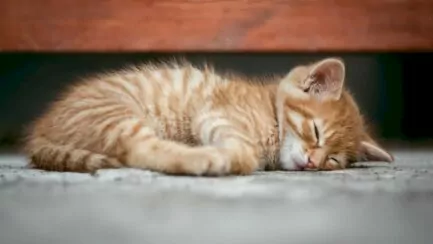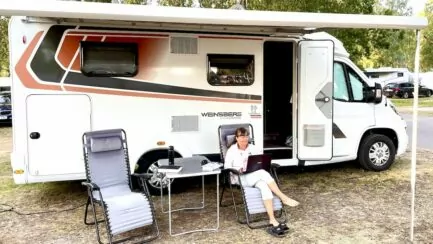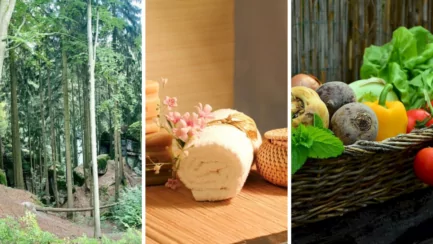Writer: Anna Nilsson Spets
Getting sick while travelling, sure, shit happens. For me, who always travels alone, it is of course extra shit because how do you get to the doctor or pharmacy when you are completely exhausted?
Reading what I have written, the text may seem exaggerated, but outside Europe you have to think differently.
Before travelling
Fitness and health
Am I fit enough for this trip? Can I hike, climb mountains, snorkel, camp and travel by public transport? Questions I ask myself before every trip.
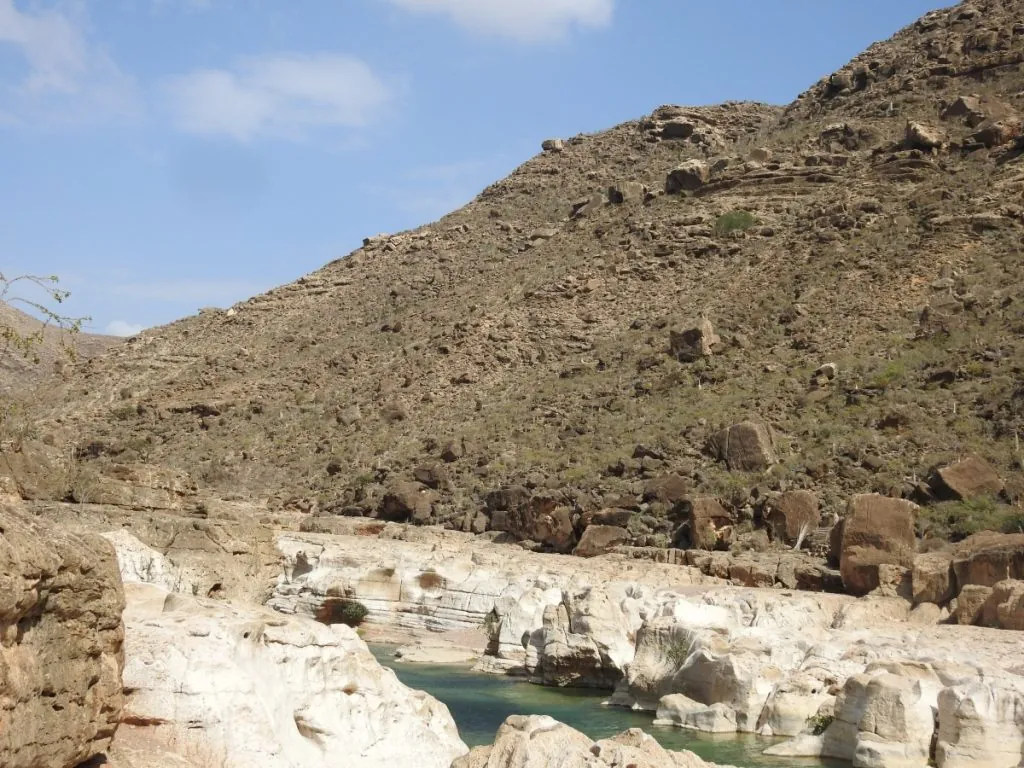
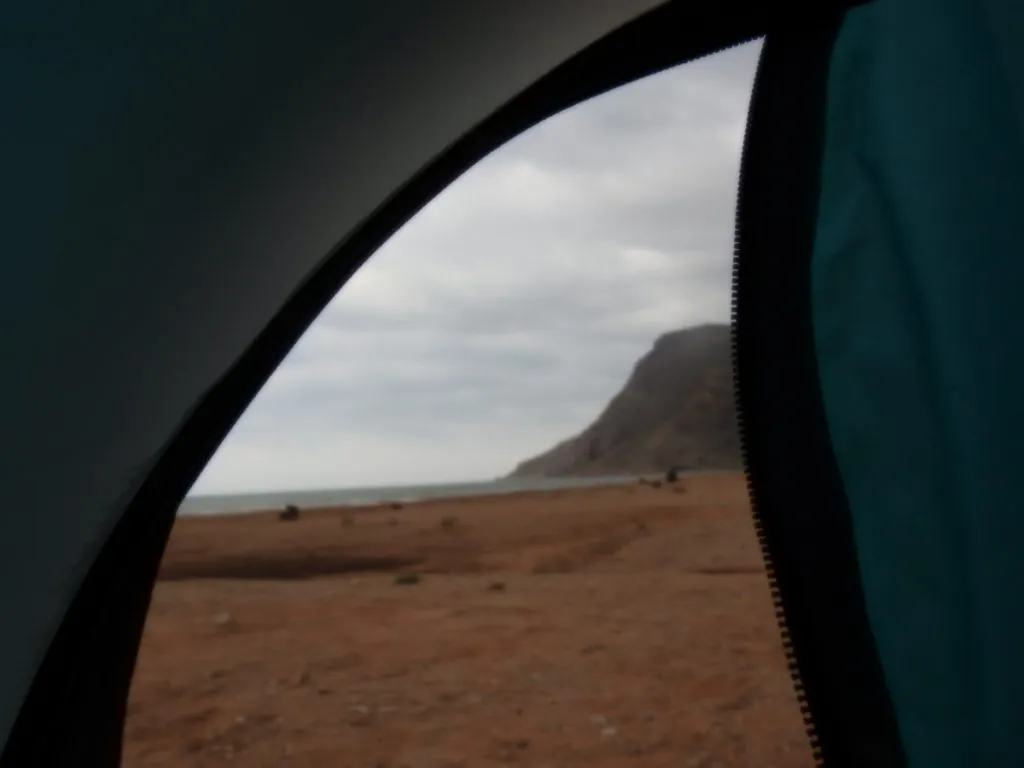
When I was last at SocotraI just had to realise my limitations. Some things were too heavy and hard, I'll take the B plan and do something else that I can!
Insurance
Read the small print, what does my insurance cover? Check carefully, it can pay to take out extra insurance.
The lesson from Djibouti was expensive, I had extra insurance, but because there were no labs or computers and a doctor who wrote a certificate that was not accepted, I was denied compensation and transferred from in the Middle of nowhere.
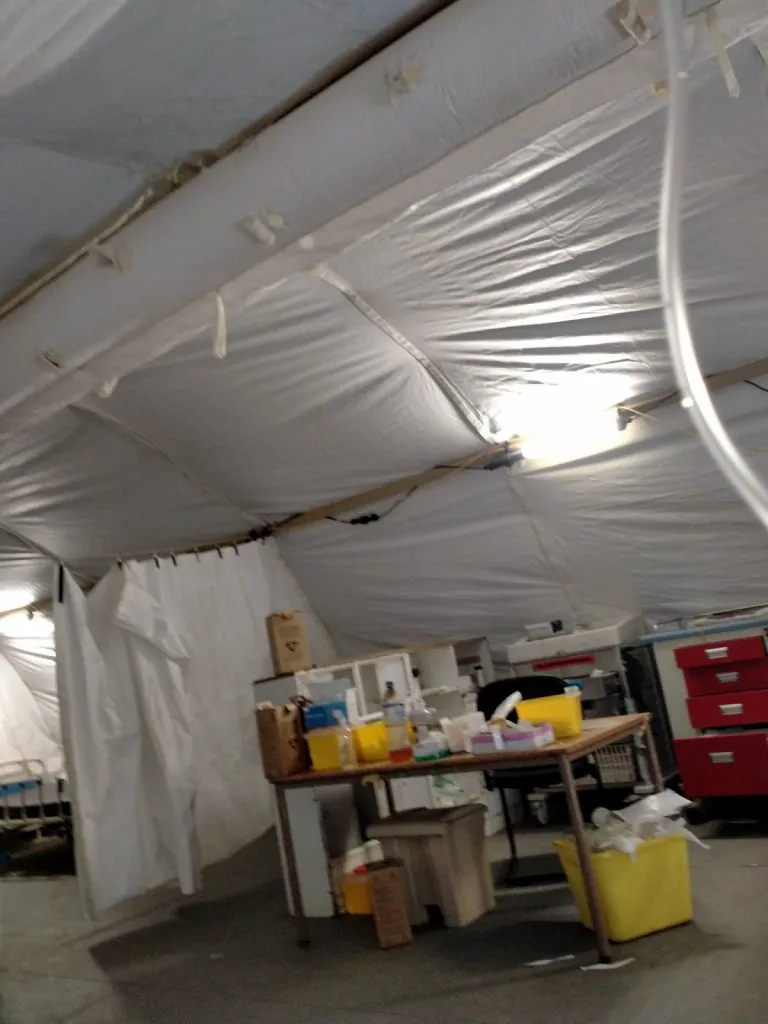
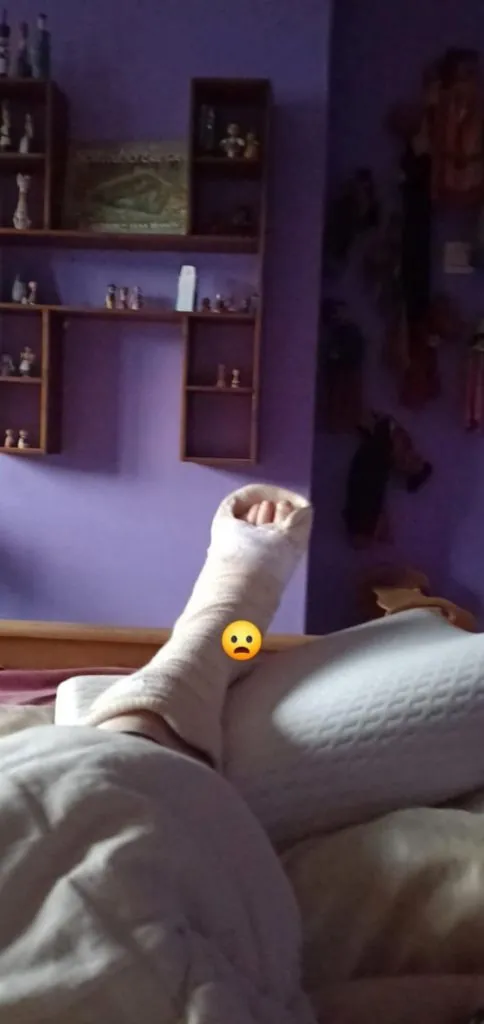
The Ministry of Foreign Affairs advises against travelling to certain countries and certain areas, if you travel there after all, no Swedish insurance company covers any costs. However, some international ones do, in these cases I have signed with Safety Wings.
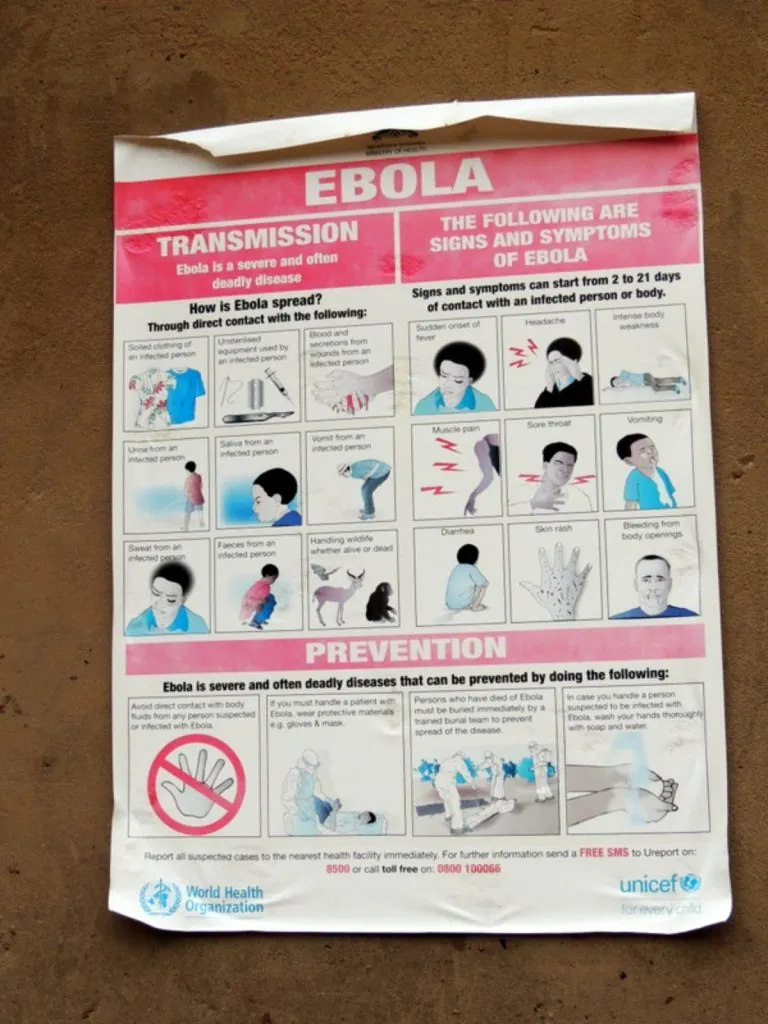
Vaccines and protection
Am I fully vaccinated? Don't bother asking for advice on social media, you'll get different answers about cretins' and pletis' experiences. It is the vaccine agencies and your family doctor who should answer that, no one else.
Do NOT skimp on the cost of vaccines and preventive medicines. If you are travelling in malaria-risk areas, protect yourself with mosquito spray, full-coverage clothing and malaria prophylaxis.
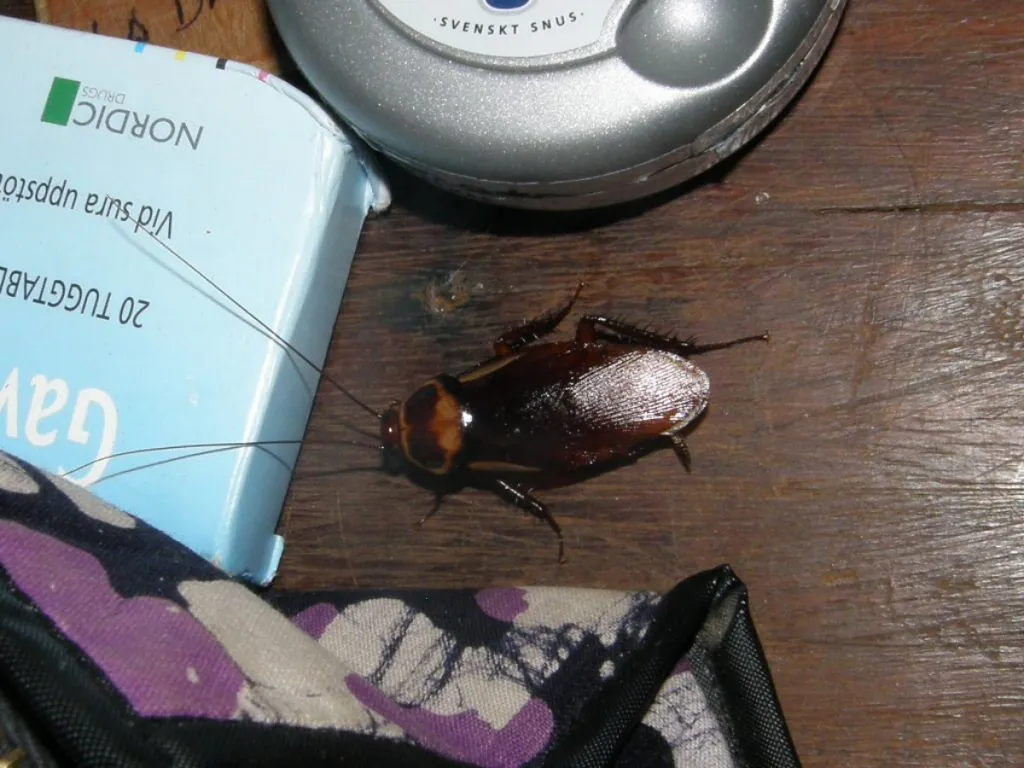
The jaundice vaccine is in principle lifelong, some countries require it. Ducoral provides some protection against cholera and tourist diarrhoea. Believe me, I've had both cholera and malaria, nobody wants that. It's a horrible thing.
Travel pharmacy
Of course there are doctors and pharmacies abroad, but do you know what these medicines contain? Many times I have seen that both this and that can be dispensed without much knowledge or the pharmacy shelves are frighteningly empty.
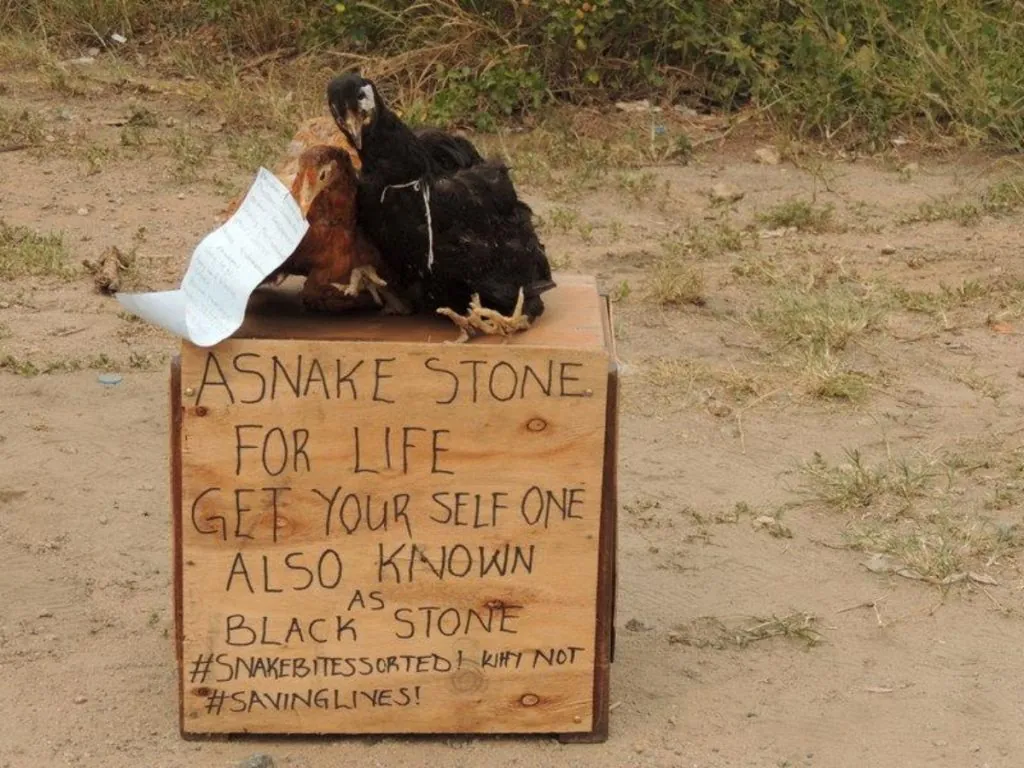
My own pharmacy contains bandages, ointment for bites and cuts, cortisone ointment, painkillers, immodium/enterol, wipes and a broad spectrum antibiotic. Antibiotics are only used in extreme emergencies.
During the journey
Water, water, just plain water ...
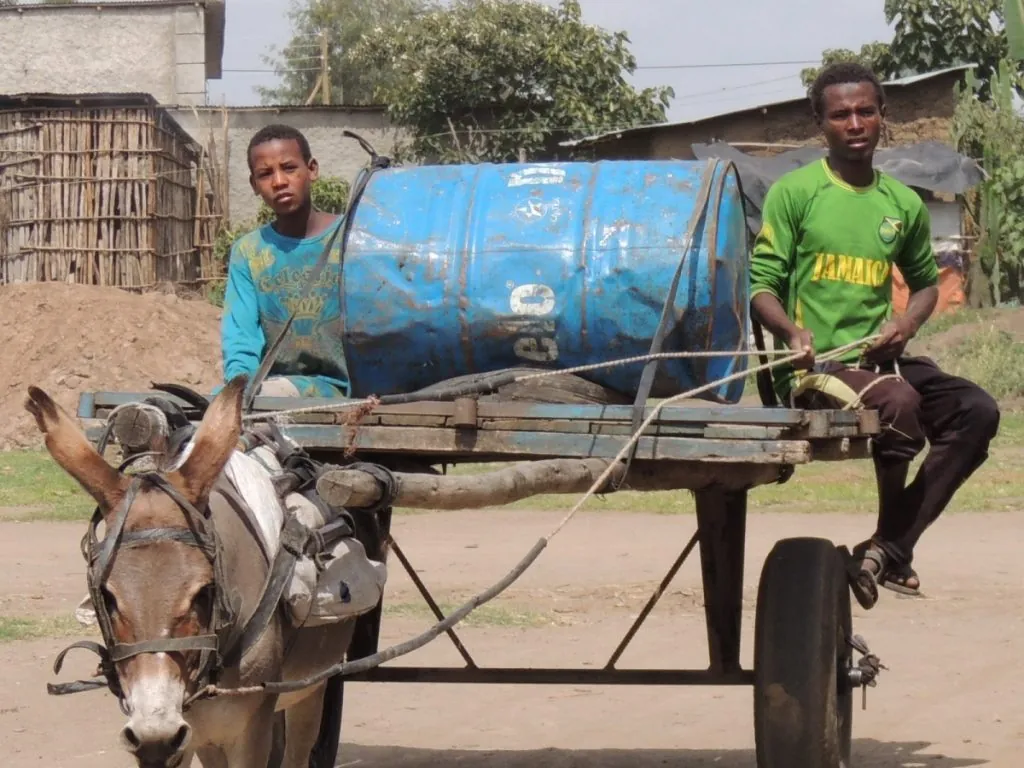
I never ever drink tap water if I'm travelling outside Europe. No way, I don't even brush my teeth in it and keep my mouth closed when I shower kind of, haha.
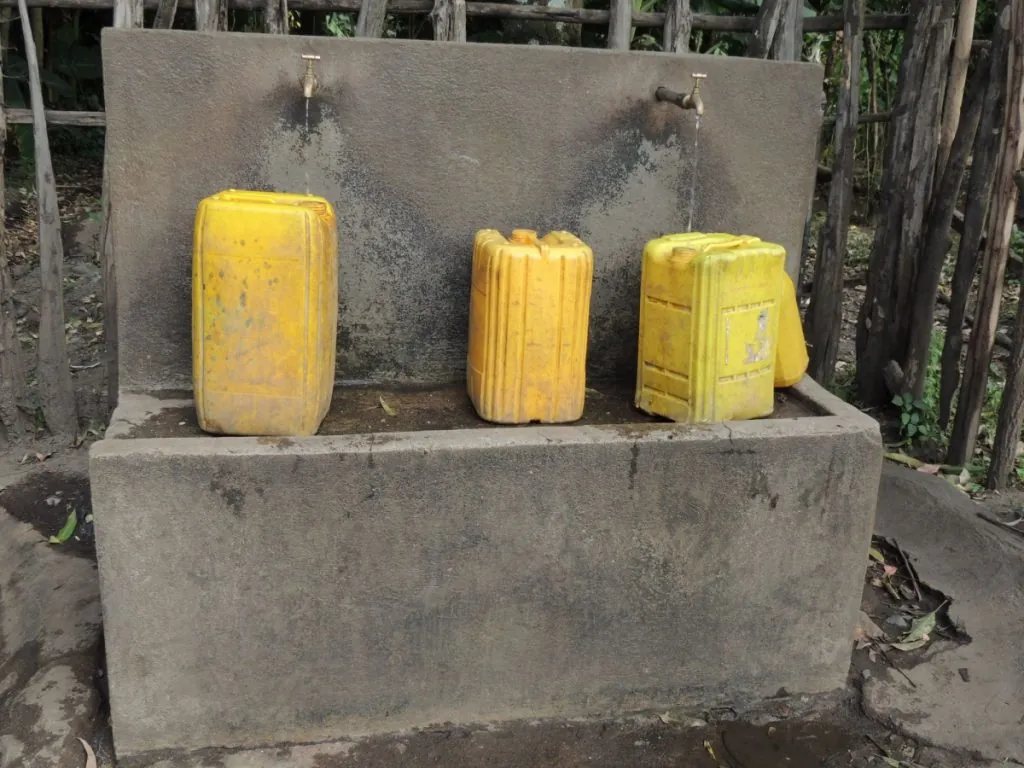
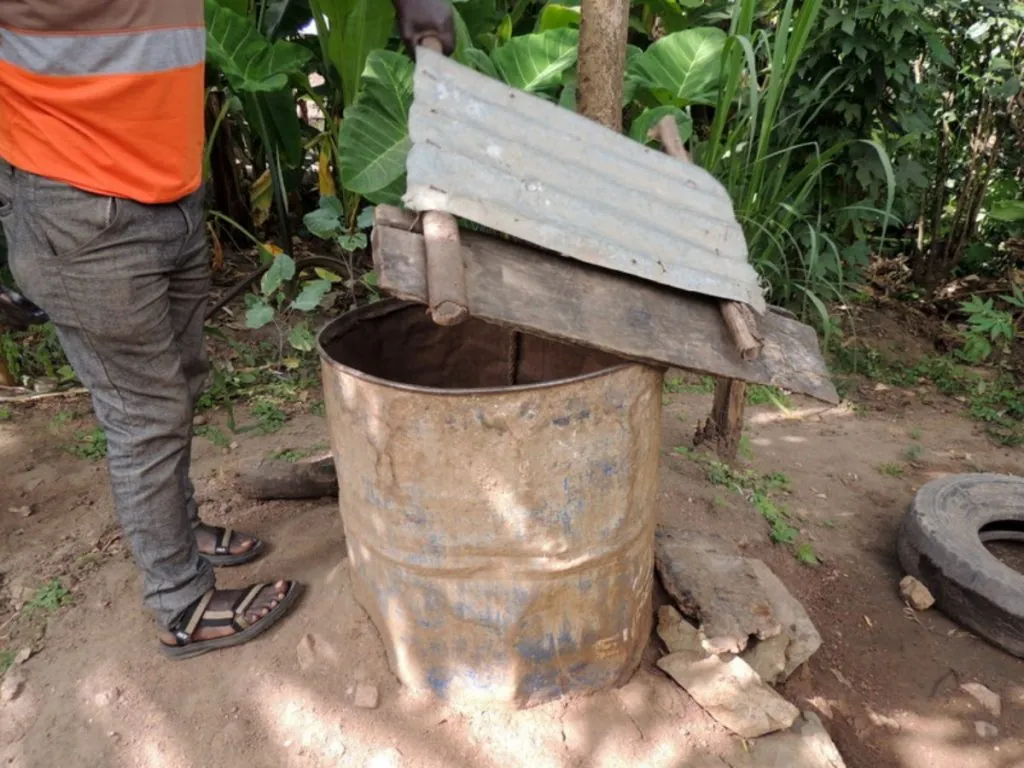
Maybe it sounds like I'm being paranoid... no ice in the drink for me either.
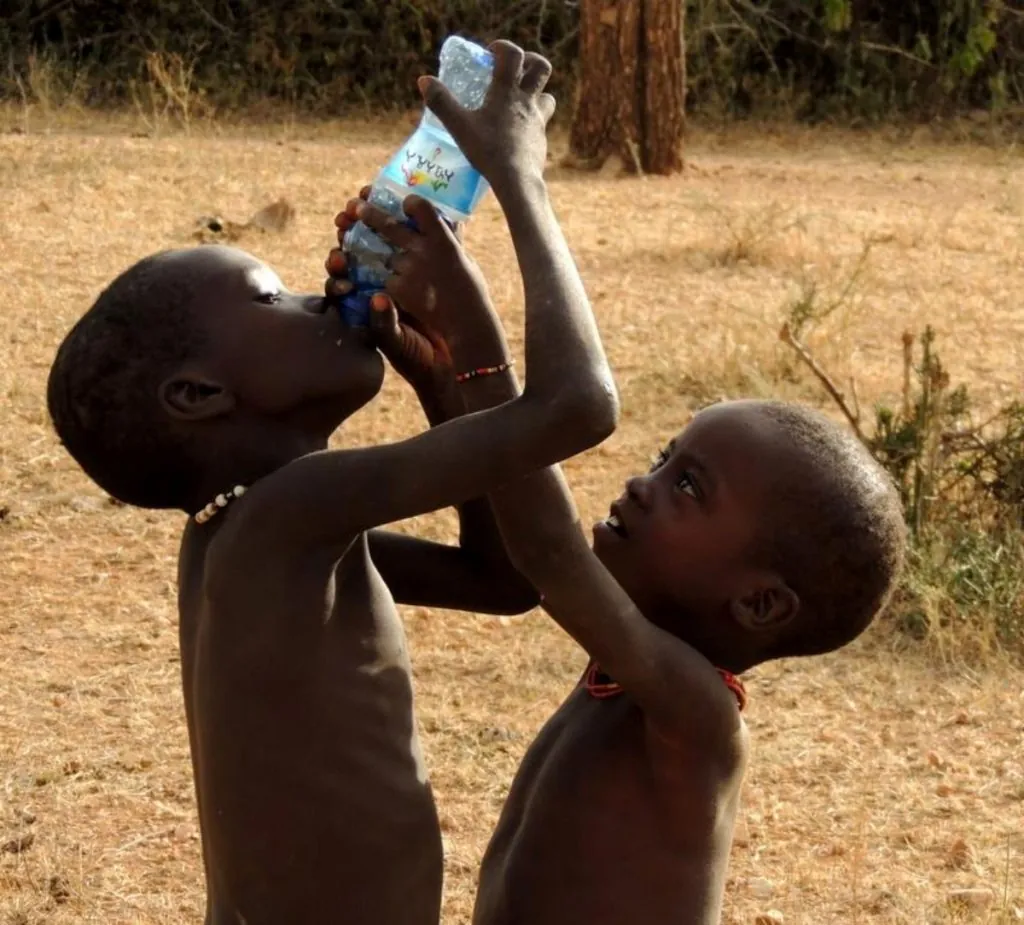
What I put in my mouth
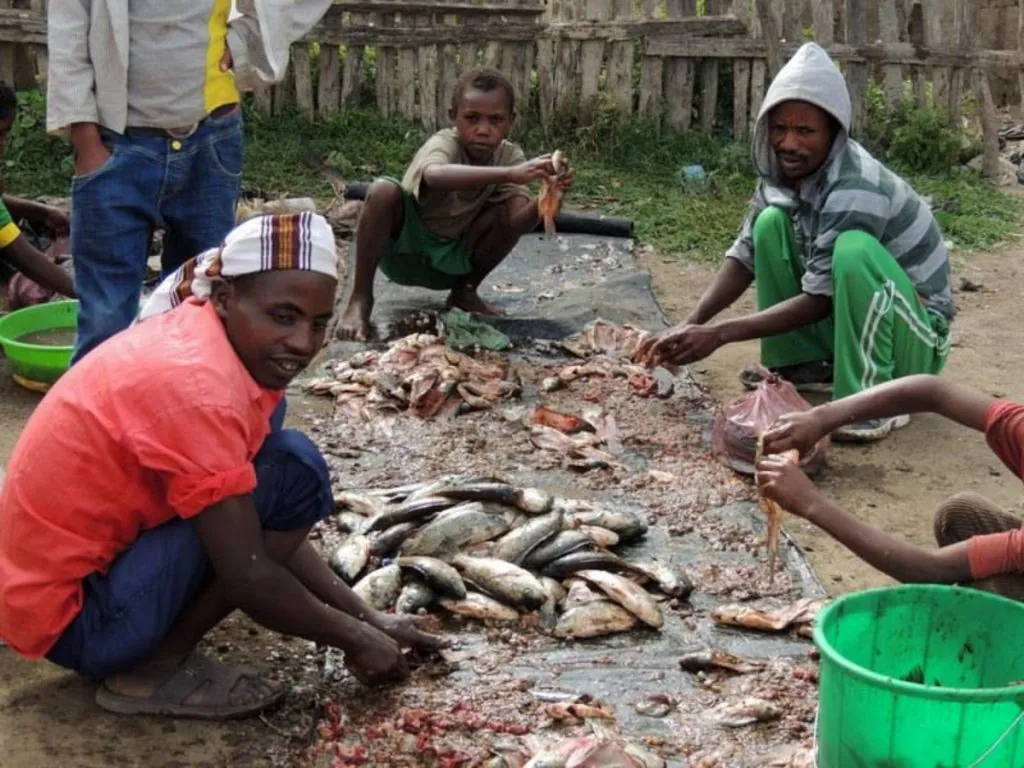
The best food is found on the street, it is freshly cooked and hot and tastes divine. In the countries I travel to, the infrastructure is often out of balance, electricity is knocked out and refrigeration of goods suffers.
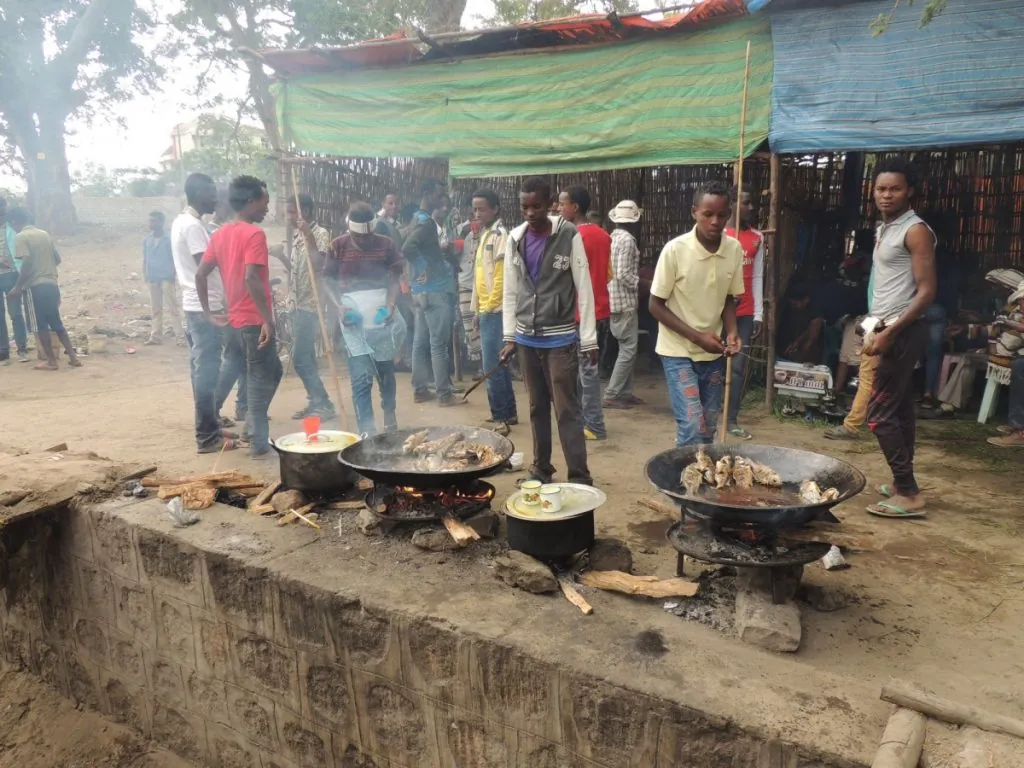
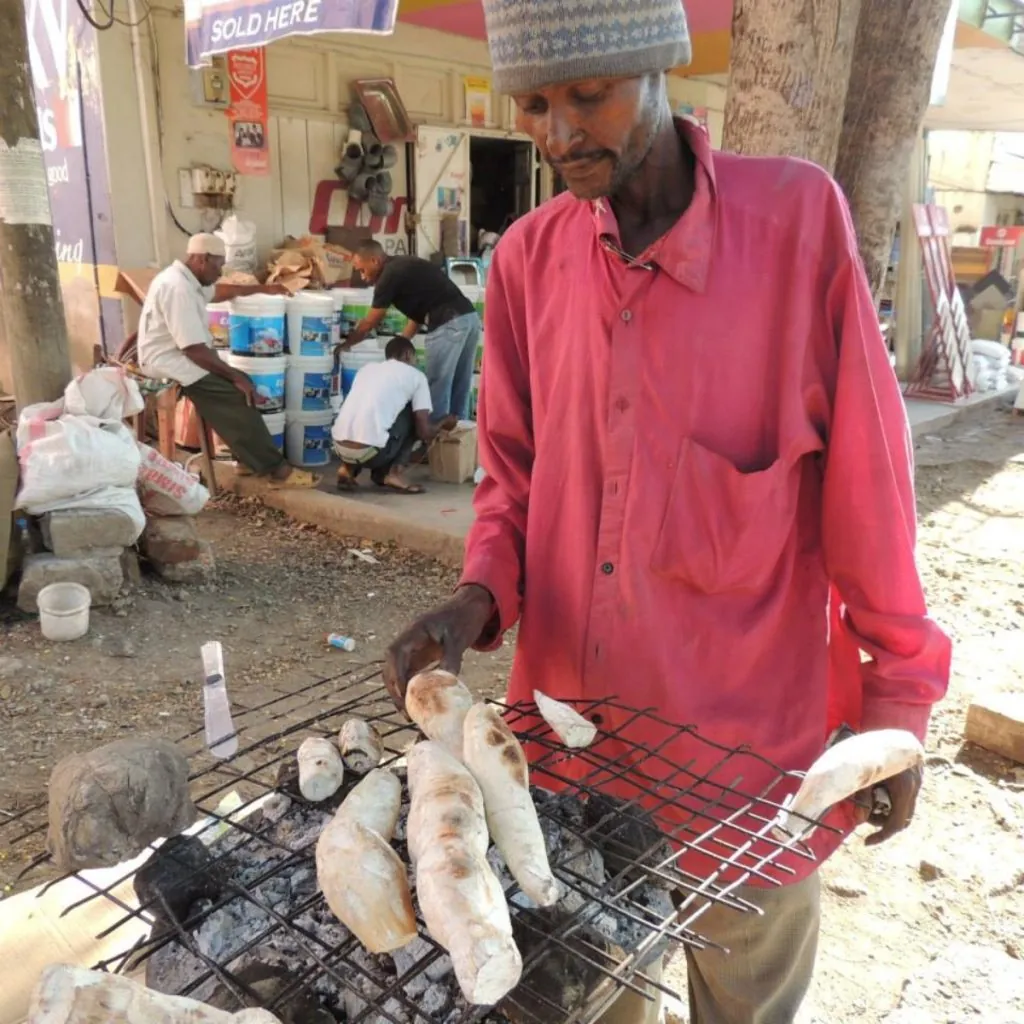
I Djibouti In a local restaurant there were half-frozen fish in dirty meltwater, that was it. I'm generally wary of chicken and meat, buffets, ice cream and mayonnaise. No, I don't have a phobia of bacteria.

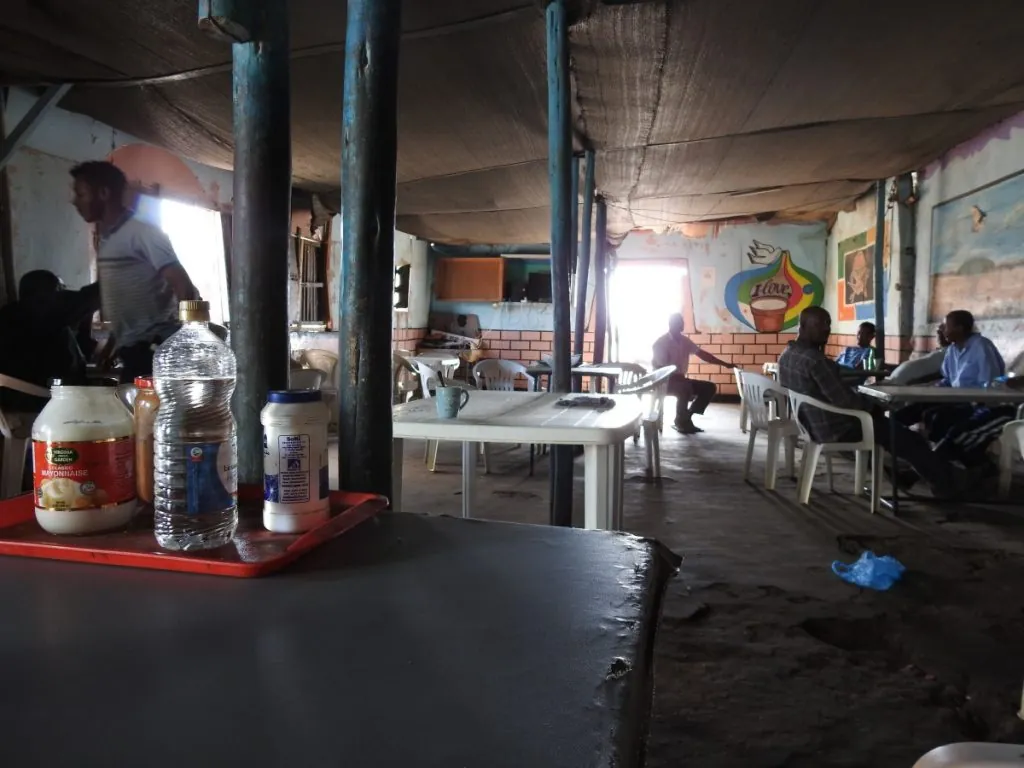
Hygiene
Yes, I do sanitise my hands... my God, when I read what I write it sounds like I'd better stay at home. I avoid cuddling with unknown dogs and cats and don't pet bats.
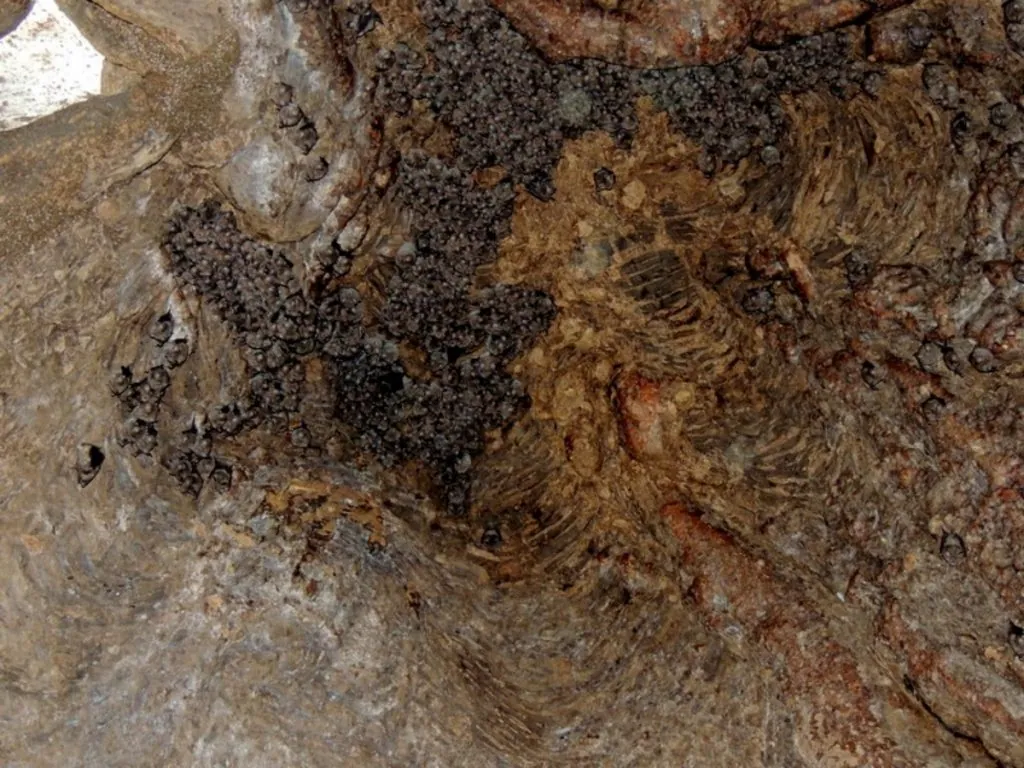
Sick
The bacterial flora is completely different from what we are used to in Europe, sometimes the stomach flu comes like a letter in the post. The most important thing to do is to drink: clean water, watered-down coca cola, lemon juice and tea.
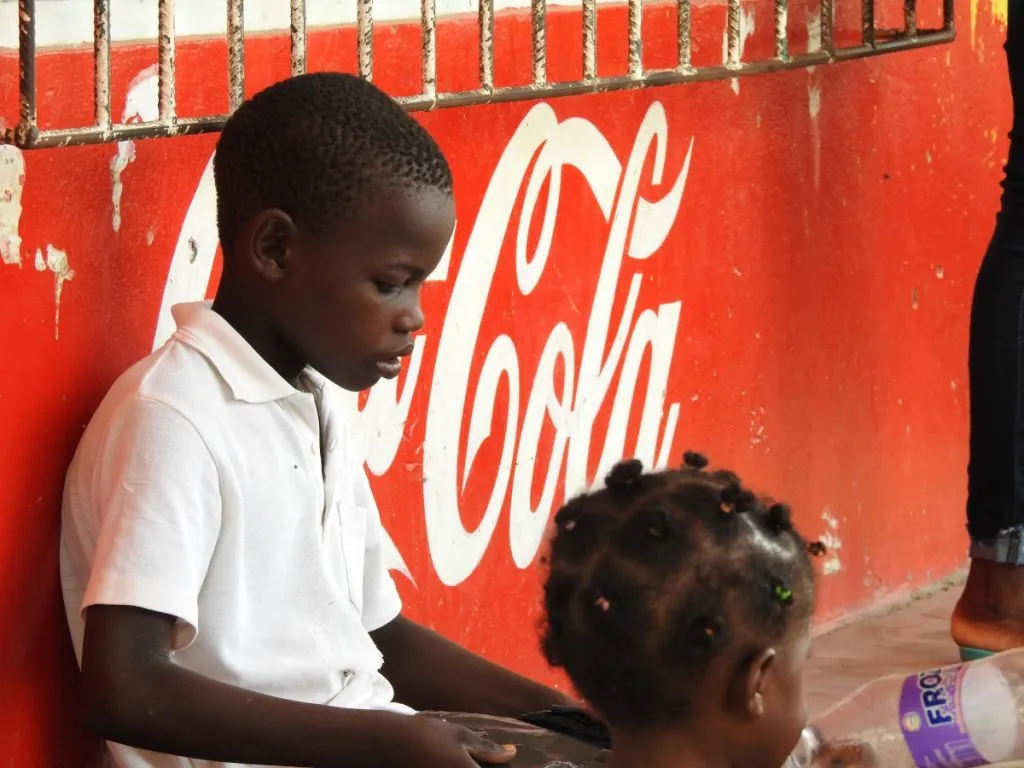
I skip food altogether for the first few days, then easy-to-digest foods like white bread and rice.
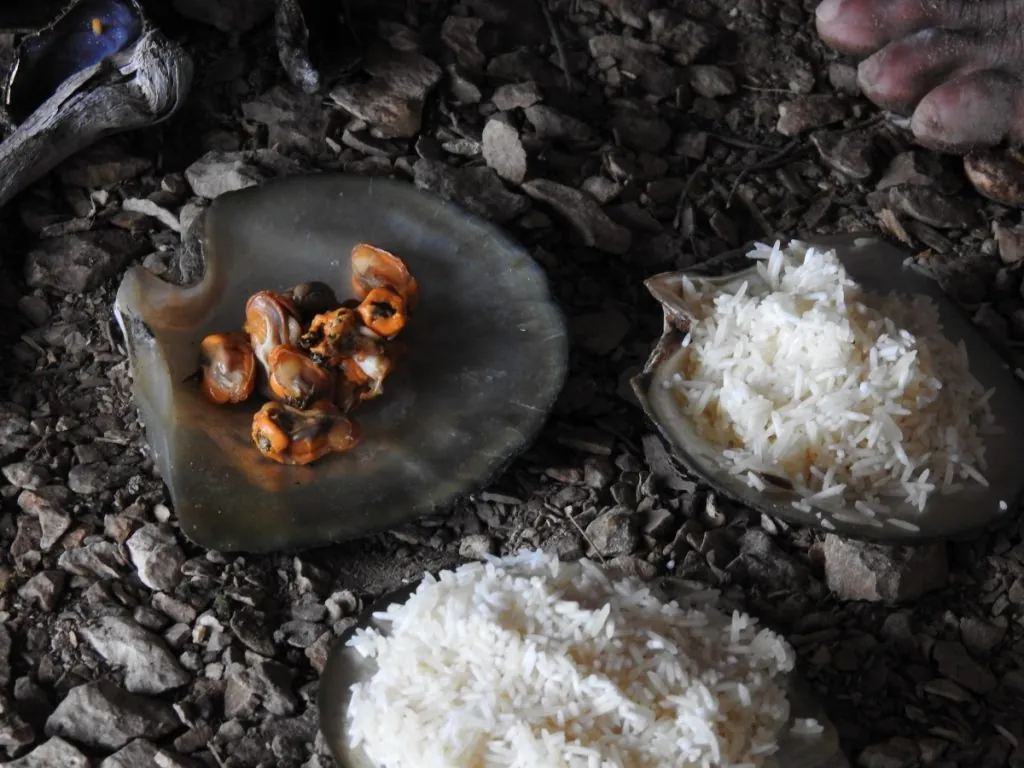
Immodium or Enterol stops but does not cure. Rest and drinking is what counts.
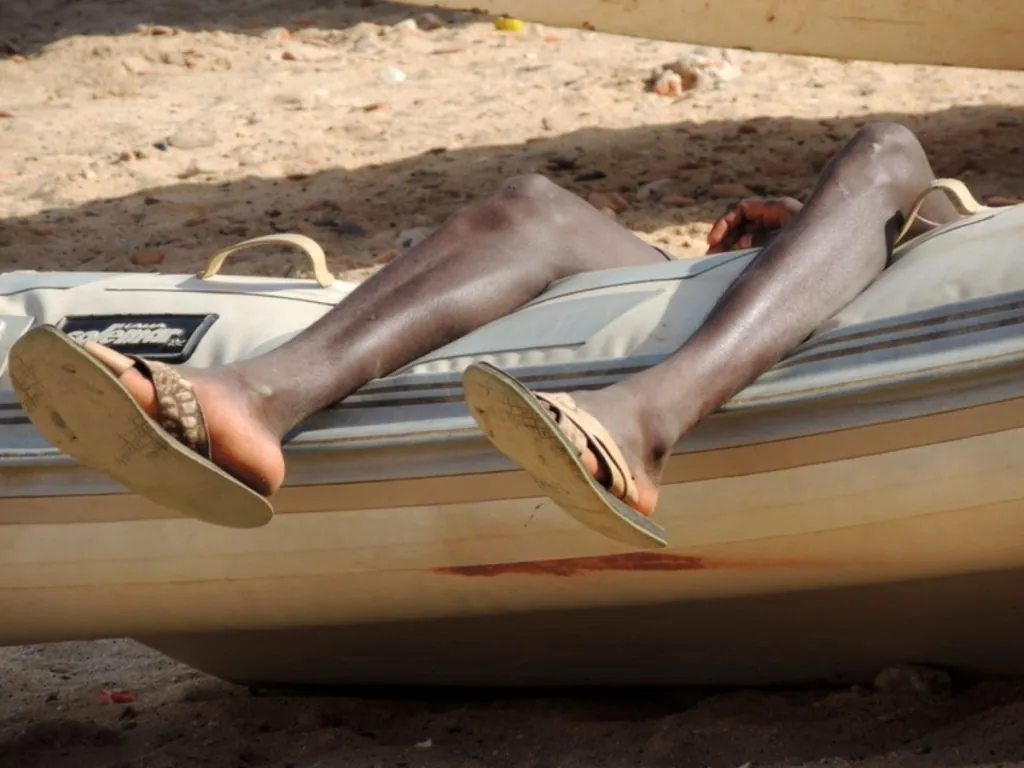
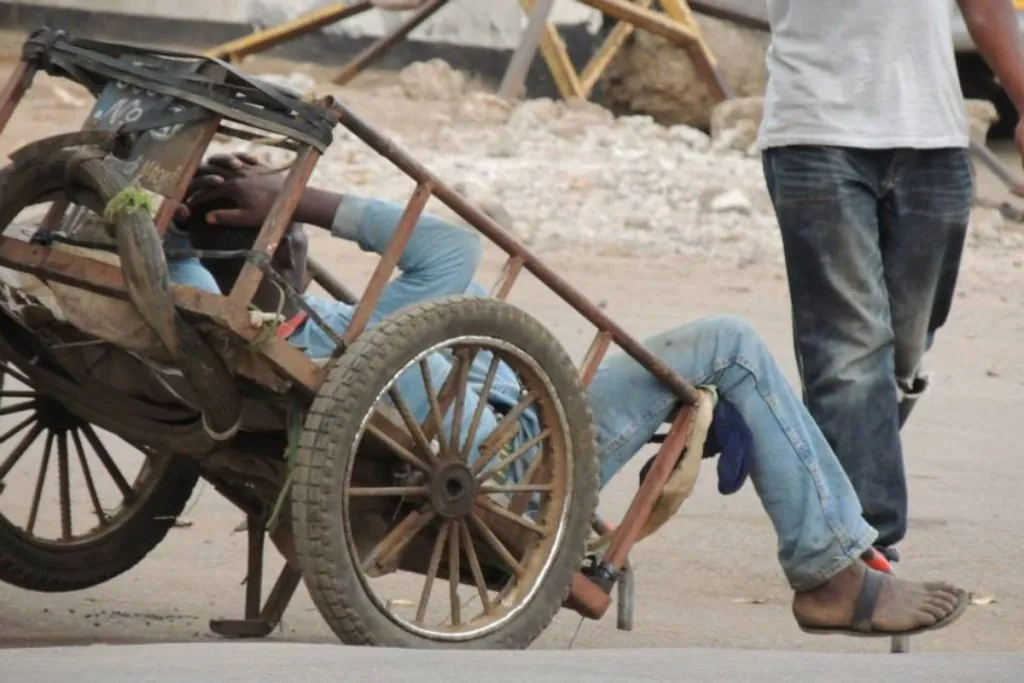
Toilets are sometimes not very hygienic... Hence hand sanitiser and washing your hands thoroughly.
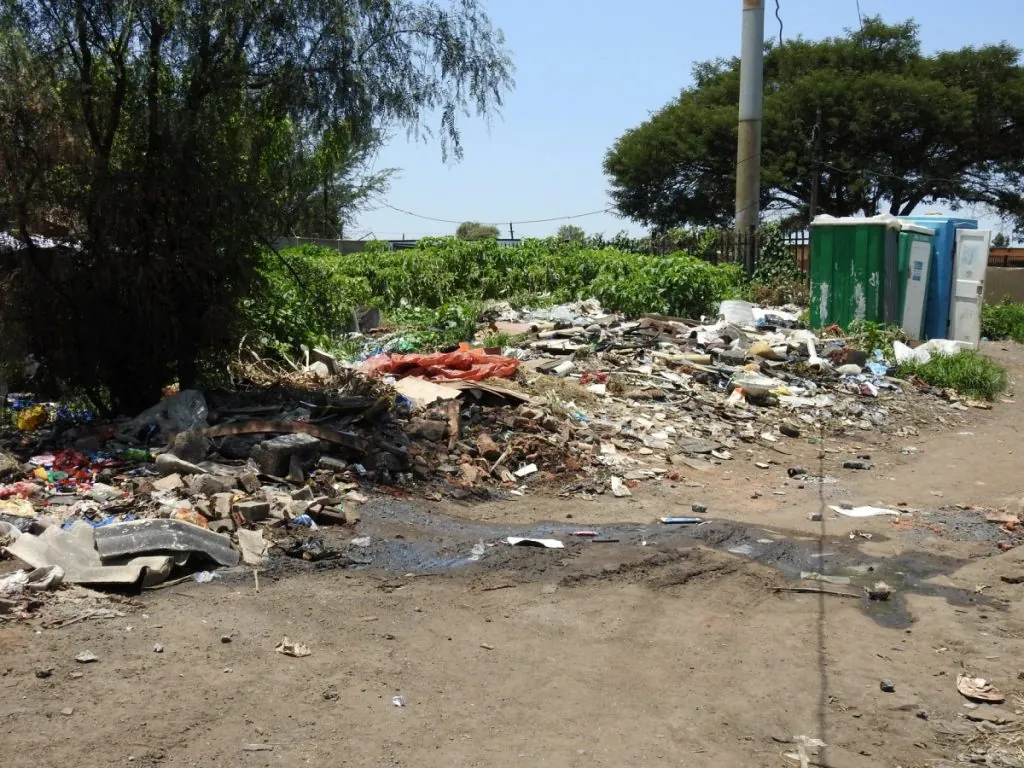
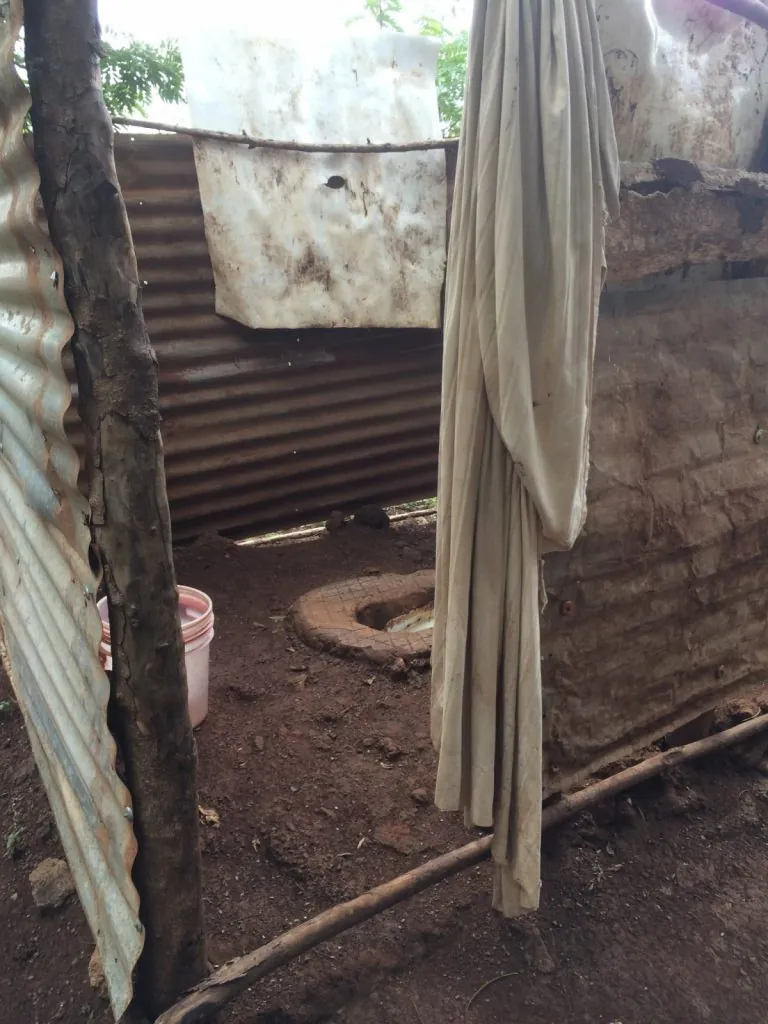
The sun
Yes, we go for both sun and heat, but it can be too much of a good thing. Put something on your head and be a little careful, at least for the first few days.

It is difficult to lubricate the back when travelling alone, so when I swim and snorkel I wear a thin shirt. If it has now become burnt, the skin is red and sore, smear with cooling ointment, natural youghurt or Aloe vera, it relieves.
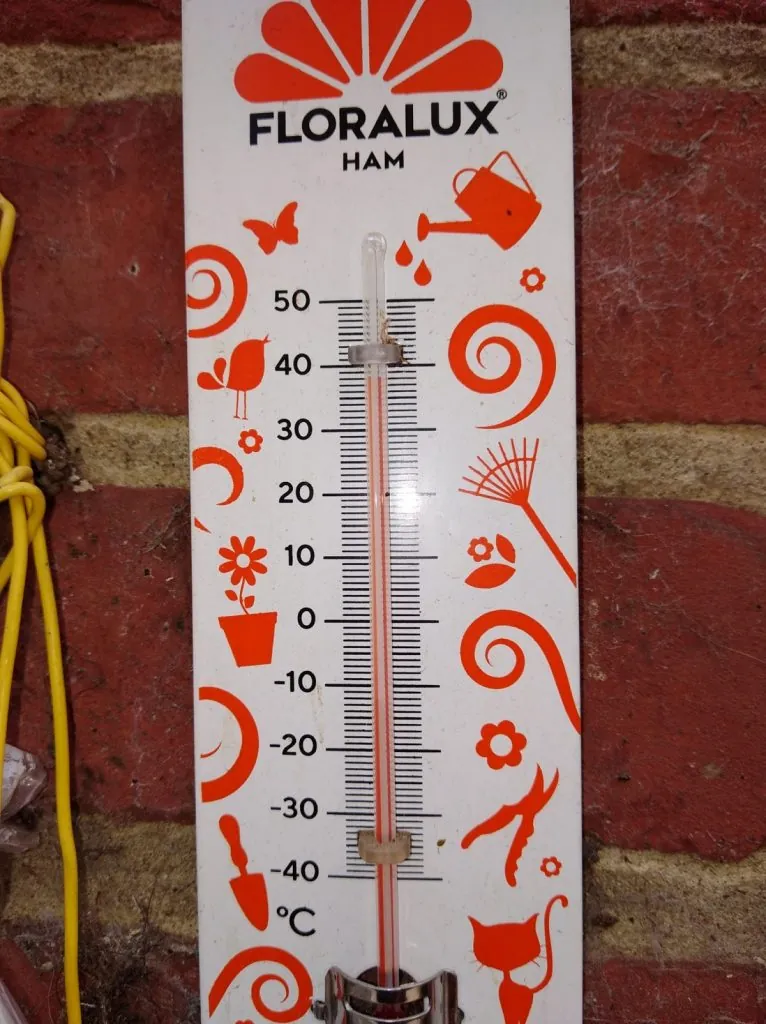
Sunstroke/heat stroke is not to be trifled with, the signs are varied but the general condition deteriorates, fever, dizziness, etc. and then it is extremely important to hydrate, water with a little sugar and salt works. Wet towels help to cool down the body.
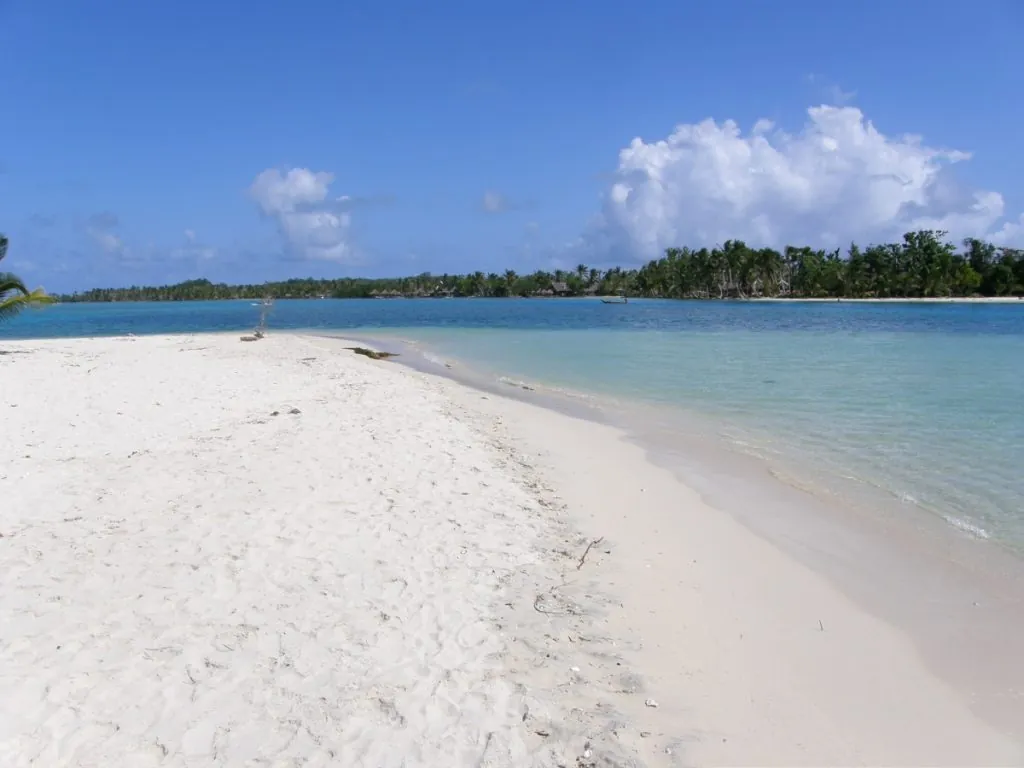
More water
There are many jellyfish in the sea. Jellyfish can sting quite badly, neutralise by bathing with boiled water and salt, remove visible tentacles and take an analgesic.
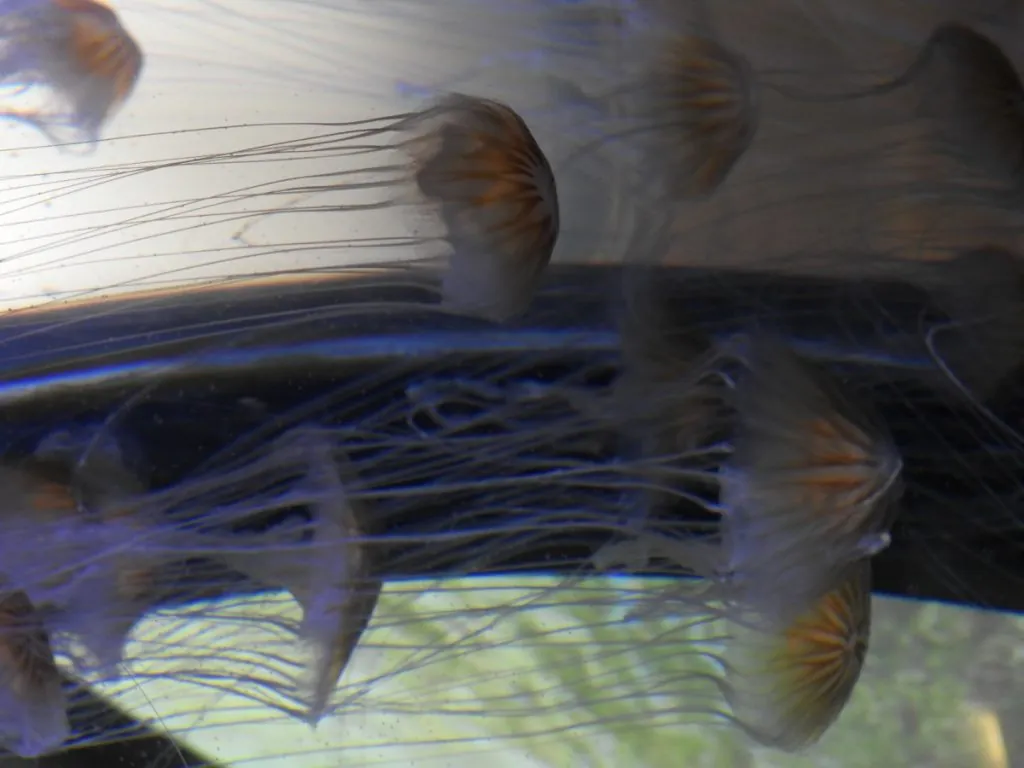
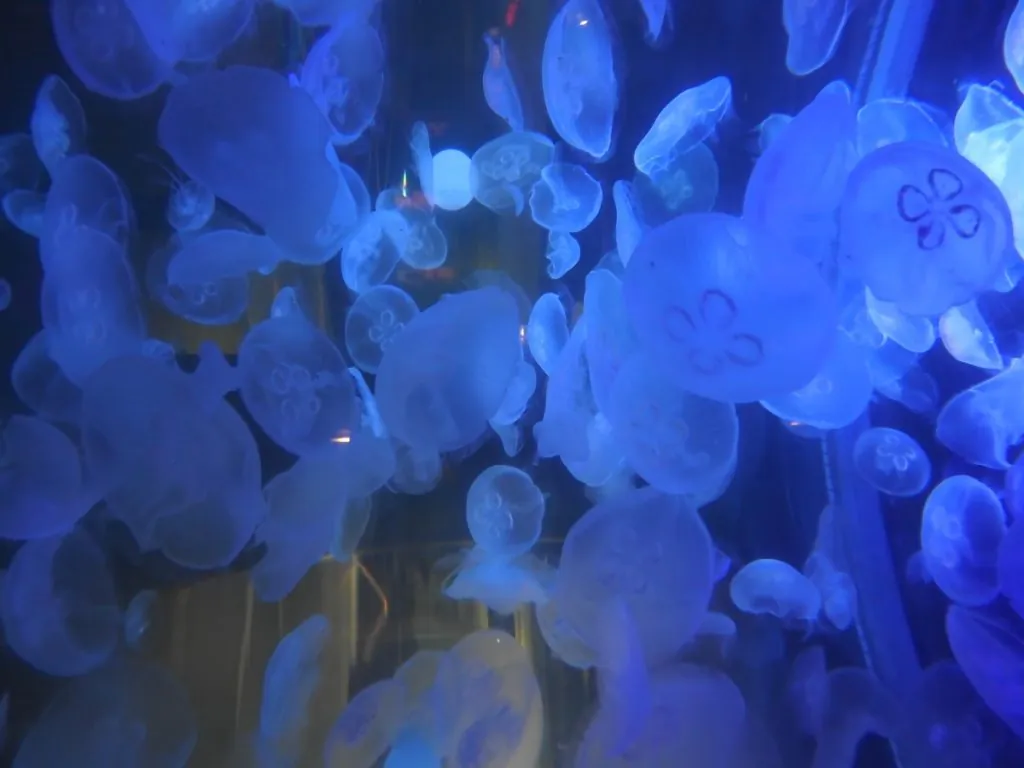
Sea urchins are no fun to step on, it hurts terribly ... Important to get the whole thorns out and clean. Soft bathing shoes with rubber soles are a good thing.


Bathing in stagnant water also goes away, Bilharzia parasites are nothing to play with.
Creeping friends
Beds of insects are bathed with alcohol wipes, yoghurt or cooling balm. Snakes and scorpions are rarely seen.
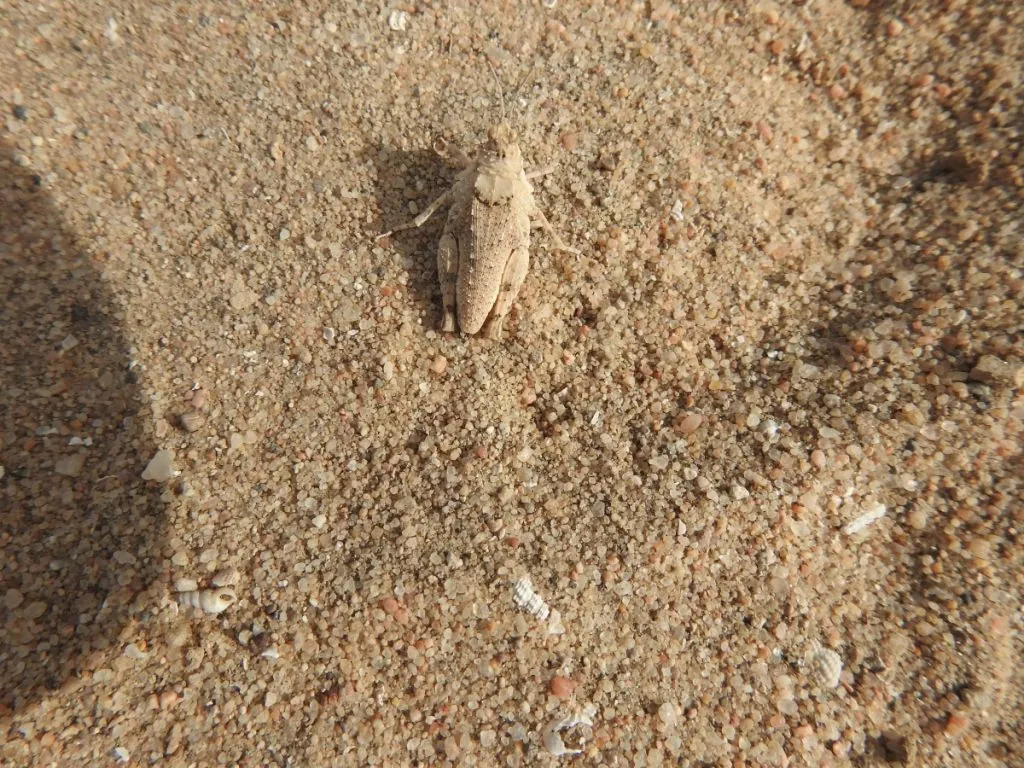

Cancelling the trip
If you're really sick, you can just rush off to the nearest doctor or hospital and expect the care to be nothing like you're used to. SAVE all documentation and receipts.
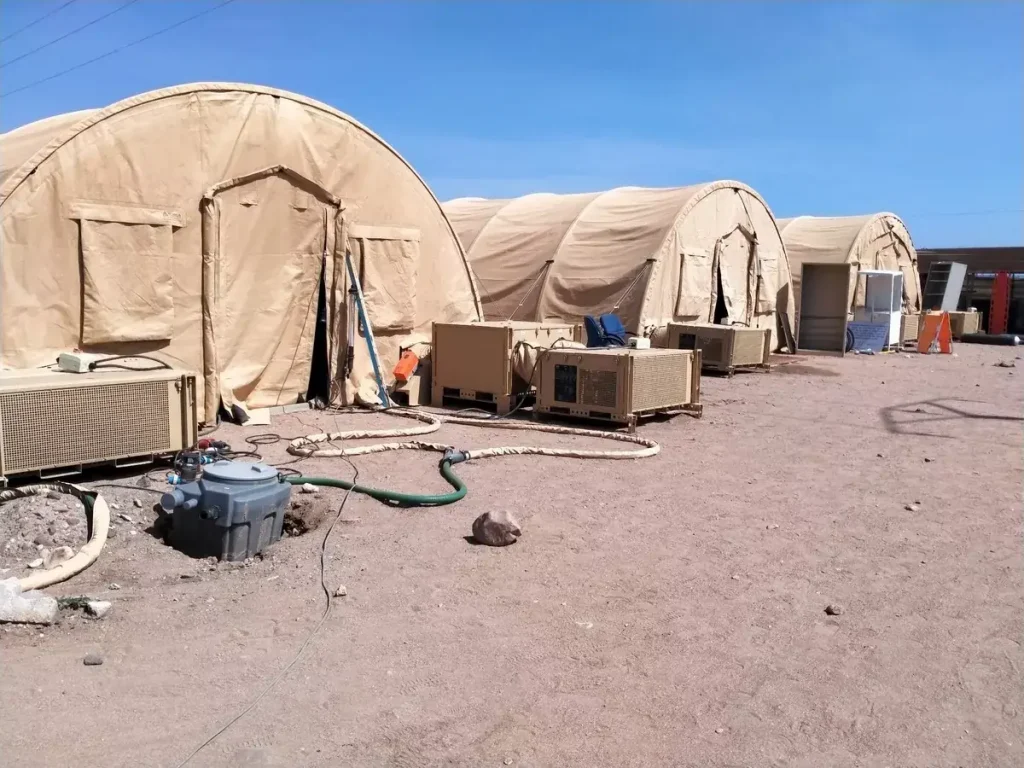
The worst that can happen is that you actually have to cancel your trip, get help to get home for treatment.
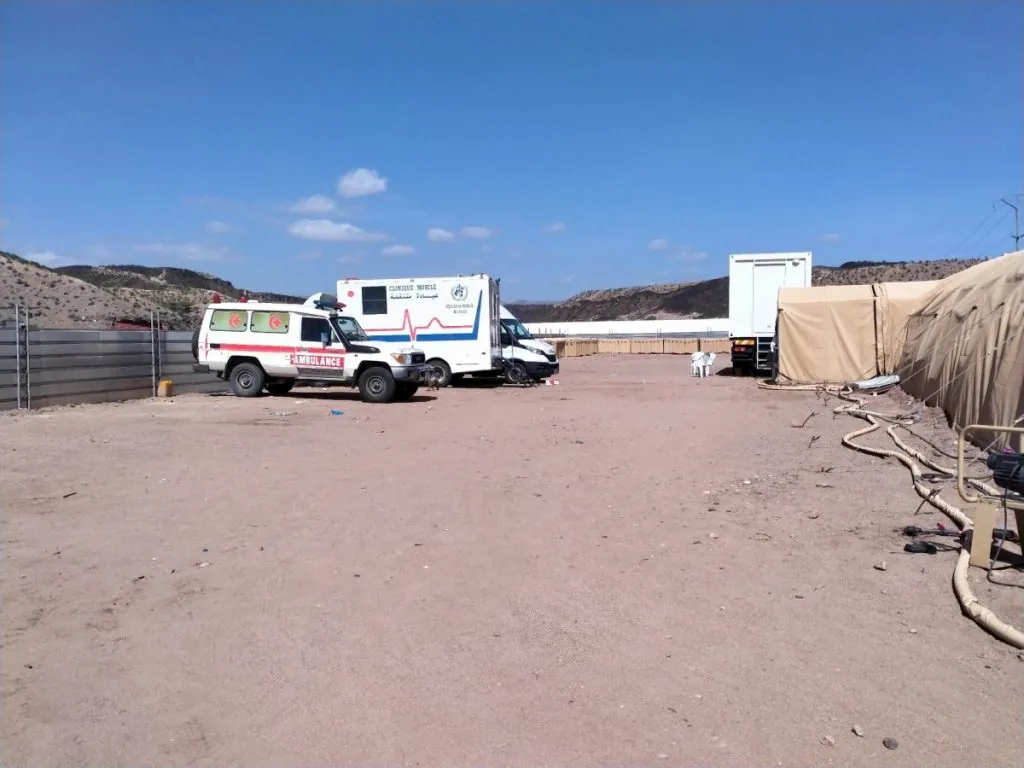
Nordic citizens should contact SOS International and their insurance company directly. In the event of an accident, natural disaster or similar, the Swedish embassy/consulate can advise you.
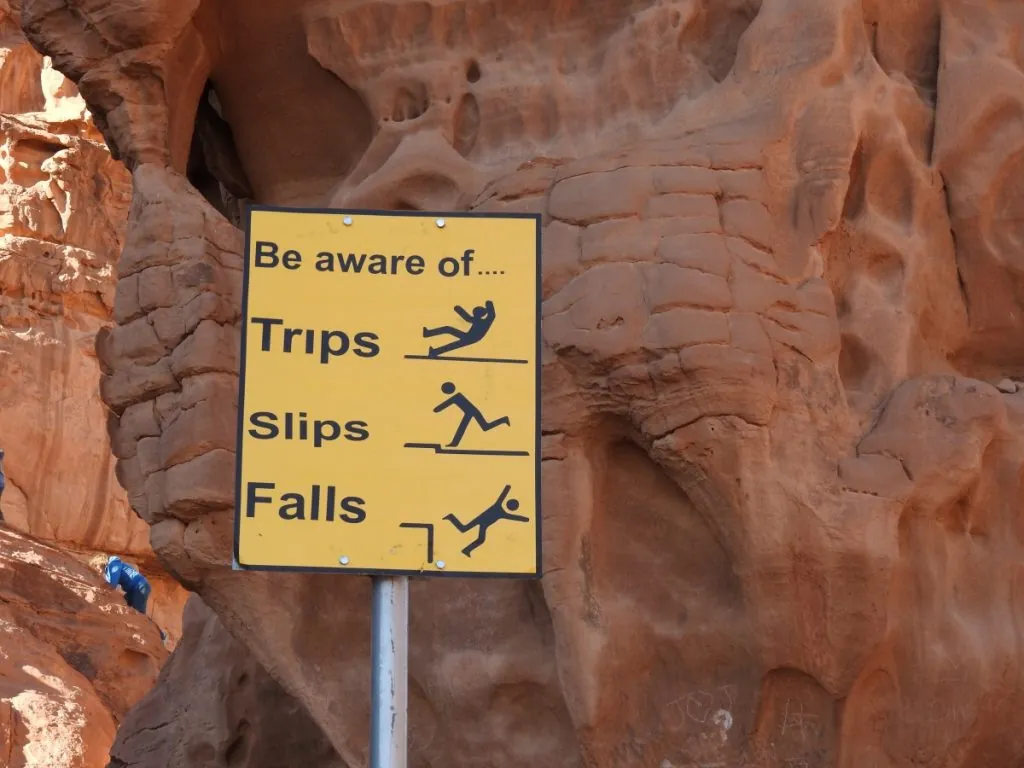
RES RES RES, but with a cool head and ice in your stomach.


